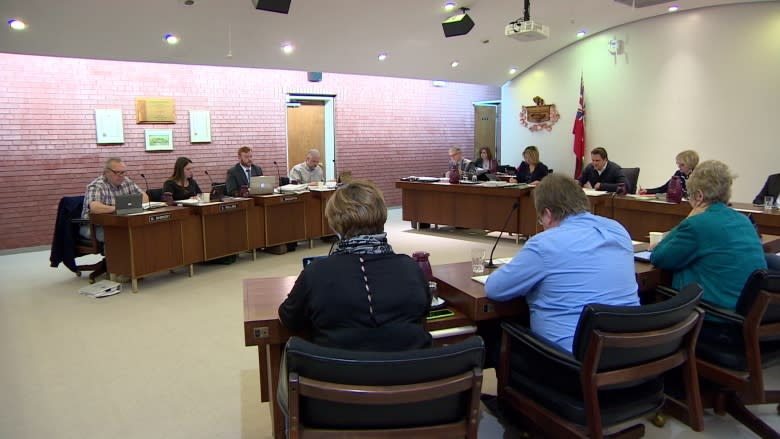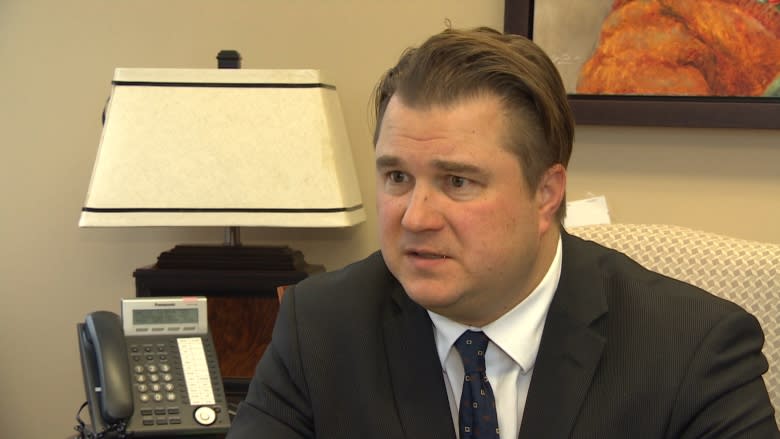Concerns about quality gap between schools prompts Winnipeg education audit
The Winnipeg School Division will conduct an audit to see whether students in the inner city get the same quality of education as kids in more affluent areas.
The audit was proposed by Trustee Mark Wasyliw in response to what he calls a growing gap between schools. It passed unanimously.
Wasyliw said the province has been underfunding education in Manitoba for close to a decade.
"The longer this province underfunds education, you create a vacuum, and that vacuum's going to get filled with something. Right now that vacuum's getting filled with private money and the more the province allows this to happen, the worse things are going to get," Wasyliw said.
Schools and parent councils have to seek out grants from the private sector or conduct fundraising drives to pay for equipment, he said, and the benefits aren't evenly spread across the division.
"I have seven schools in my ward, and I can tell you, one of the schools raises $50,000, $60,000 just from the parent association every year and another one would raise $200. And it's that extreme," Wasyliw said.
"And I'm concerned that despite that we're one school division, we're offering very different resources and very different programs in each and every school," Wasyliw said.
Some schools have rows and rows of brand new Apple computers, while others make do with what the division can supply, he said.
"It's not even that some schools, given their size, given the wealth of the neighbourhood, are able to raise a lot more money. If the administration is a lot more aggressive seeking grants [then] a lot of extra money is flowing into the system and it's not evenly distributed," Wasyliw said.
The audit will also look at what classes are offered in each school.
Wasyliw said some principals may decide to have a music teacher rather than an art teacher depending on preference.
He blames schools of choice, which allows students to attend schools outside their communities that have specialized programming, for the imbalance.
"So you'll have maybe a school at 70 per cent capacity and then you have another school that's burgeoning at the seams," Wasyliw said.
The division will research other jurisdictions to see which have done comprehensive evaluations of their programming and equipment.
"I think that's a recognition that given how underfunded our education system is, this is going to become a bigger and bigger issue, and that we need to get a hold of it," Wasyliw said.



